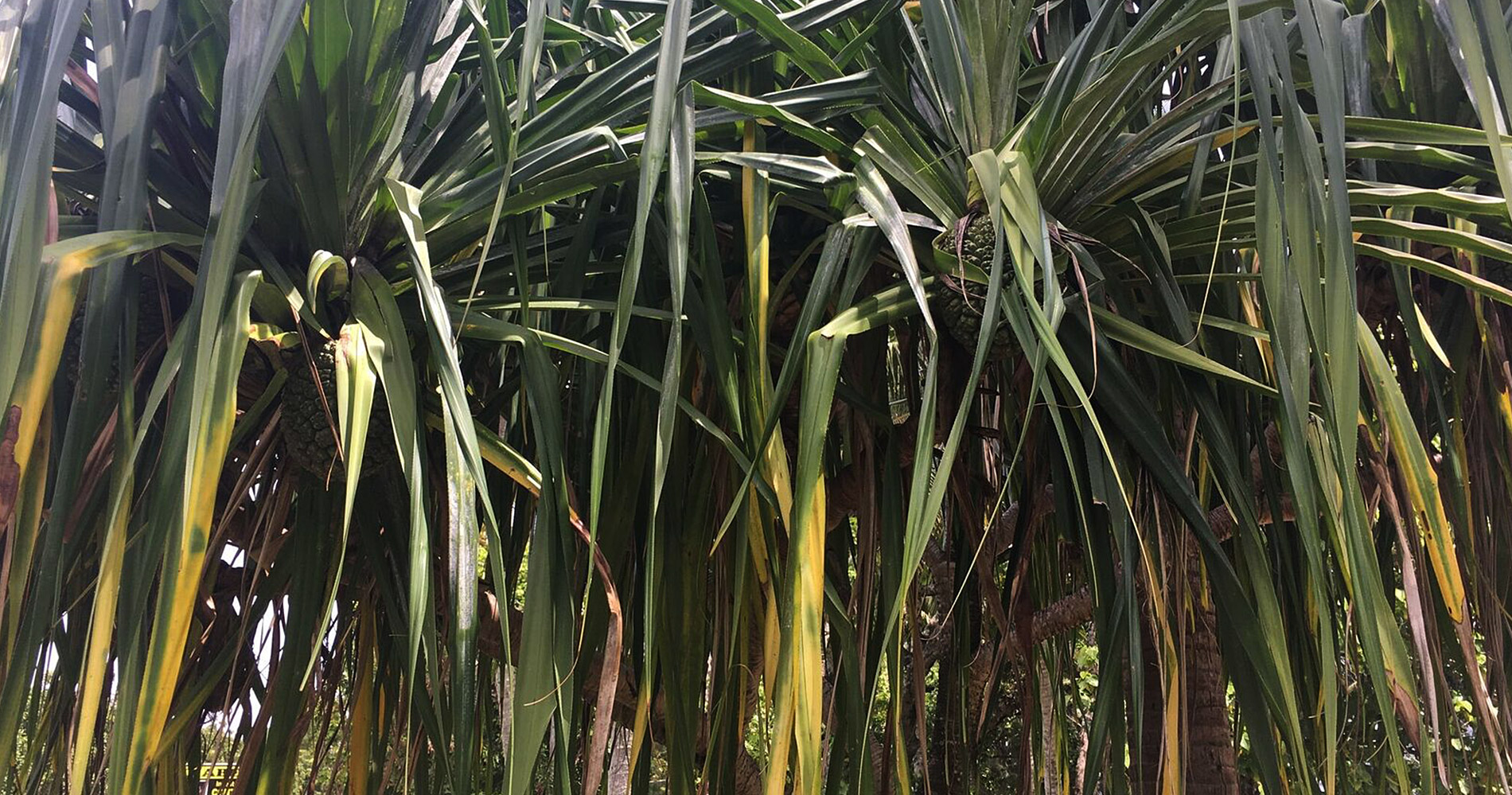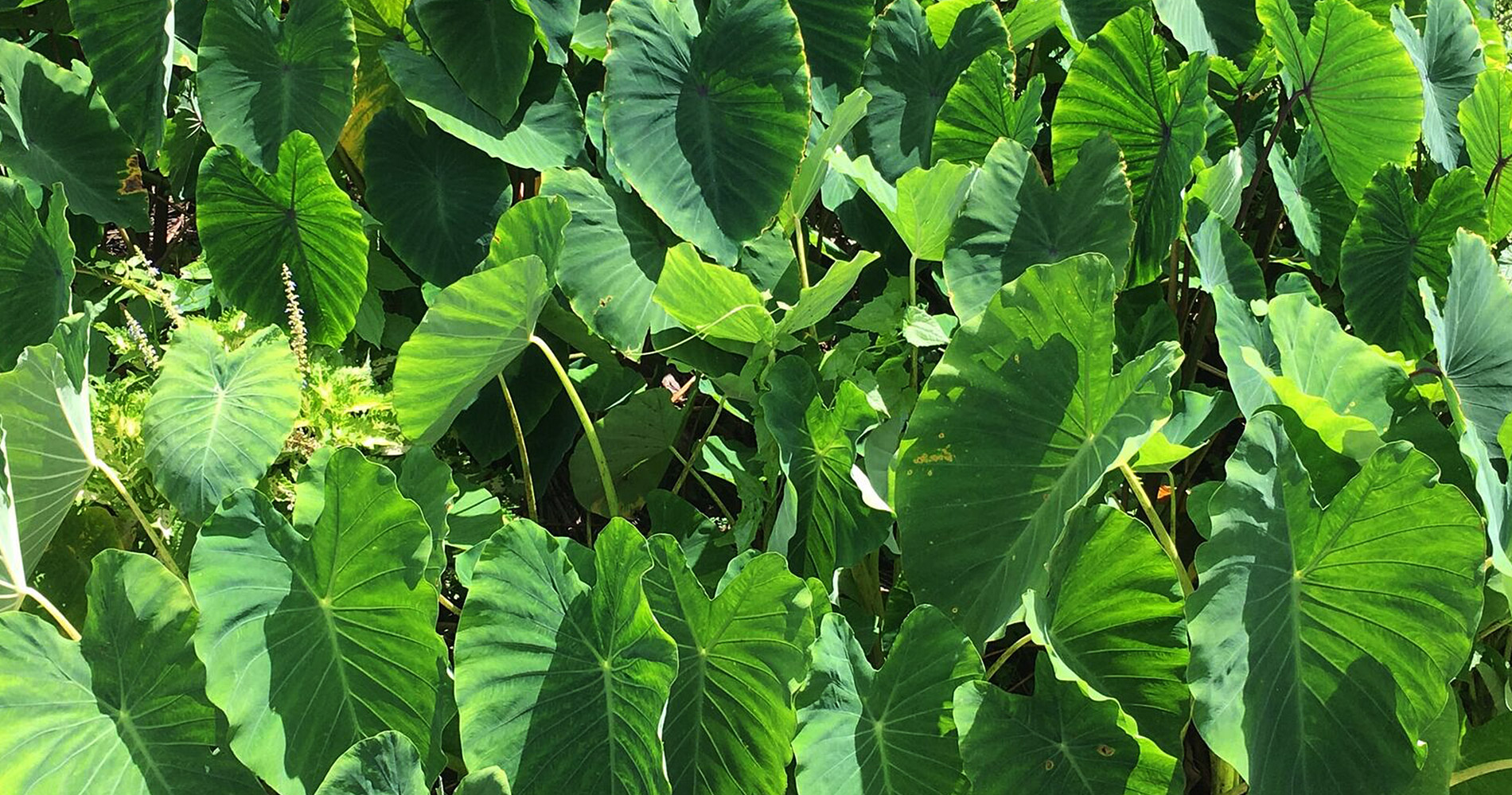marike
1. America, the United States of America.
te uāpu o te marike /
the American wharf. (This is the main wharf located in Omoka, which was constructed/ improved by the American Army during the Second World War,; hence this name.)
uāpu
1. (n.) 1) wharf. 2) toilet. (< Engl. wharf. Rel. ava. See the note below.) uāpu hiohio small jetty. uāpu o te henua 1) wharf for the public, the wharf beside the minister's house. (A toilet house is on, but not used.) 2) public toilet. uāpu o te kavamani the governemnt wharf. (The one located beside the Post Office. Syn. uāpu o te kavana i te-tautau the government wharf at Tetautau. uāpe o te kavana the Governor's Wharf. (Syn. uāpu o te kavamani.) uāpu o te marike the American Wharf, the main harbour in Omoka. (It was constructed/ improved by the American Army during the WW II, hence the name.) uāpu o te marīni the wharf or wooden jetty for the Marine Resources Department. uāpu o te oromatua the wharf behind the minister's house in Omoka. uāpu o tānara Donald's wharf. hano ki te uāpe to go to the jetty/ toilet. pepā uape toilet paper. (Syn. pēpa toireti.) tei te uāpu ia. He is at the jetty. (He is in the toilet.) "uāpe o te henua i hea?" "i kō iā soa." "Which public toilet [do you mean]?" "[I mean] the one close to Soa's house." ¶Formerly the toilet houses were built on the outer end of jetties. Therefore even today this word can mean both 'wharf' and metonymically 'toilet'.
iāti Pronunciation
1. Yard. E anga mai koe 'ē rima iāti nīnira. Measure me out five yardsof white drill. [Eng. Yard.].
2. Yacht. 'E mea iāti tei raro i te ava, nō Marike mai. There is a small yacht in the habour, from America. 'E iāti tākie. It’s a sailing boat. [Eng. Yacht.].
Tira Pronunciation
1. (n.) Mast, pole .
2. (n.) Mast, pole, (also penis ; 'tira-Marike' - slang joke term, 'reaching America', for elongated penis) .
3. (n.) Sex drive .
pōriki Pronunciation
1. Negro, negroid. ‘E pōriki Marike, an American negro. [Eng. Portuguese.].
kara Pronunciation
1. (v.t.,n.) Colour. E kara koe i tā'au tūtū ki te pēni matie ē te rengarenga. Colour your picture with green and yellow crayons; 'E tūtū kara tāna i 'apai ma ei. She brought a coloured portrait; ‘E teata kara tē ka ‘akaāri‘ia. A colour film is going to be shown; ‘E mānea te kara i tō‘ou pona. Your shirt is a nice colour.
2. (n.) Negro, coloured person. ‘E kara nō Marike mai, a negro from America. (See karakara1.) [Eng. Colour.].
3. Collar. Kua repo te kara i tō'ou pona. Your shirt colour is grubby; E 'apai mai i te kara 'oro'enua āpōpō. Bring the horse collar tomorrow. Pona kara, shirt with attached collar. Pona karakore, shirt with detachable collar. [Eng. Collar.].
kerekere Pronunciation
1. Black, dusky, dark (of blues, greens and browns); in the Bible, kerekere is often used to translate blue. Kua kerekere te 'are i te aua'i. The house was black with smoke. Kua kerekere'ia e te 'āuai. The house had been blackened by the smoke. ‘E piripou kerekere tōna i ‘oko ei. He bought himself some black trousers. Kua tāpoki te tumurangi kerekere i te take o te maunga. Dark clouds covered the mountain tops. Kua rekareka ‘aia nō te uri kerekere i te tupu i tāna ‘ānani. He was pleased with the dark foliage on his orange trees. Kua ‘a‘aki koe i te ‘ānani kerekere. You’ve picked the russet oranges. Tetai ri kerekere (Num. 15.38).
2. Negro. Te kerekere o Marike. The American blacks.
kite Pronunciation
1. (-a, 'ia). See, observe; sight, vision. Tē kite nei au iā koe i nana'i. I saw you yesterday; Kua kite 'a Nānā' i i tōku tuatua'anga kiā Kā. Nānā saw me talking to Kā; Kua kite'ia koe i te 'aere'anga ki roto i te 'are toa. You were seen entering the shop; I kite poto 'ua atu iā koe. I caught a brief glimpse of you; Te rauka nei te kite i te matapō. The blind receive their sight (Matt.11.5).
2. Witness. Kua uiui mā'ē te 'akavānui i te kite. The magistrate questioned the witness; 'E kite āinei tō'ou? Have you got a witness? Kite mata, see with one's own eyes, witness. E 'aere mai kōtou kia kite mata i te ngā peu mataora. Come and see the acts (entertainment, concert items) for yourself; Kua kite mata au iāia i te 'oro'anga. I witnessed him escaping.
3. Find, discover; discovery. Nāku i kite te pōro i nakōnei i te pōpongi. I found the ball earlier this morning; 'E pōro kite tāku nō ta'atai. I've got a ball that was found on the beach; Kua kitea 'aia e te 'akavā ki roto i te 'are. The police found him inside the house; Ei ea ra te pakari e kitea atu ei? But where shall wisdom be found? (Job 28.12); te kitea'anga'ia o Marike, the discovery of America; te au kite 'ōu, new discoveries.
4. Know, understand , feel; knowledge, clever, skilful; knowledge, skill. Kā kite au i te kimi i teia nūmero. I know how to do this sum; 'Ea'a te ora? Kāre au i kite. What's the time? I don’t know; Kāre 'aia e kite i te kau. He can't (dosen't know how to) swim; Kāre te pēpe i kite ake i te 'aere. The baby can't wait walk yet; Kua kite au i tōku māro'iro'i i tōku kai'anga i te vairākau a te ta'unga. I felt my strength returning when i took the herbalist's medicine; Kua kite au i te anu i tōku 'oki'anga mai mei te tautai. I felt cold on my way back from fishing; Kua kite 'aia i te 'enua i te taka'anga i tōna topa'anga ki raro. He had sense of the earth spinning round as he fell down. Kite atu (i), care about. Ko 'ai tei kite atu? Who cares?; Kāre au i kite atu i tā'au tuatua. What you say dosen't bother me. Kite atu (ii), foresee. Kua kite atu au ē kā tupu te ngere i te pū 'āpai'i. I foresee a shortage of teachers; 'E kite ake au iā koe i te pāpōro naku. I'm better than you cricket; Kua rekareka te metua ki tā rāua tamaiti kite. The parents were pleased with their clever child; Nō te kite iāia i te kapekape, kāre atū ra 'aia i mou ia rātou. Because of his skill at dodging, they could never get hold of him; tēta'i tangata kite pakari, a very learned man; nō te mea kua rauka iāia te kite noa, because he had a good knowledge of lay matters; I kite atu te 'ānana keiā i te 'akavā. The thieves outwitted (were clever than) the police; 'E va'ine kite kore 'a Mou i te 'āuri kāka'u. That woman Mou dosen't know how to iron clothes; .
5. Know sexually (c.f moe). E paretenia, kare oki i kiteia e te tangata, a virgin, neither had any man known her (Gen 24.16). (See kikite.) [Pn.*kite.] .
tamaki Pronunciation
1. (-a, -'ia). 1. Engage in war, fight, quarrel, scold. Mē tamaki te reira ngā pātireia, kā piri mai ēta'i au pātireia. If those two countries go to war, other nations will join in; 'Ea'a rāua i tamaki'ia ai? Why were they scolded?; Kua tamaki'ia 'aia nō te 'akatau putuputu i te 'āpi'i. He was scolded for staying away from school so often.
2. 2. A war, quarrel. Kua 'au te tamaki. The war is over.'Akatupu tamaki, start a war or a quarrel. Kua 'akatupu tamaki 'aia ki a Marike. He started a war against America. 'Apinga tamaki, weapons, fighting equipment, ammunition, etc. Kaitamaki, to wage war, pick a quarrel; warlike, quarrelsome. Kua kaitamaki 'a Tiāmani ki a Peritāne. Germany waged war on Britain; 'Auraka koe e kaitamaki kiāia. Don't pick a quarrel with him; 'E tangata kaitamaki tika ai koe. You are quarrelsome person. [Pn.*tamaki1.] .


